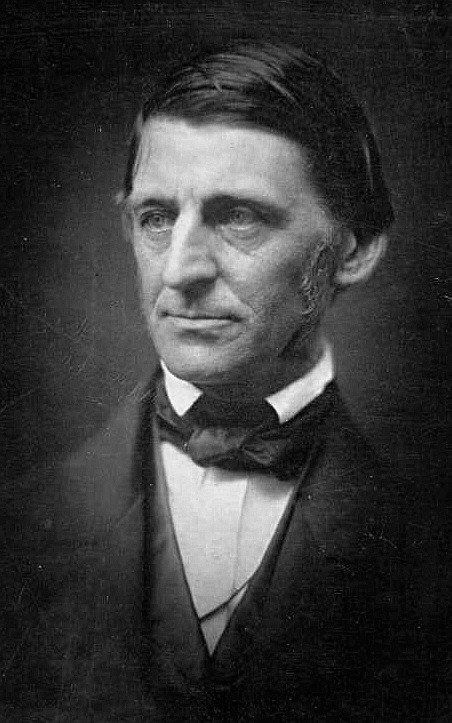These days, many people think being “spiritual” rather than “religious” is the progressive way to be – but what most of them probably don’t know is that this trend is hardly new and has been around for centuries. It’s called transcendentalism.
For those who have never heard of it, transcendentalism is a philosophy that began in the mid-19th century and is based on the belief that spirituality cannot be achieved through reason, but only through self-reflection and intuition. It’s something that you feel, rather than learn.
As Christine Sarkis writes for Prepscholar.com, “The transcendentalism movement arose as a result of a reaction to Unitarianism as well as the Age of Reason. Both centered on reason as the main source of knowledge, but transcendentalists rejected that notion.”
Instead, they have their own beliefs that sound very similar to those bantered around in progressive circles today. Sartis lists these four basic tenets:
• Society and its institutions such as organized religion and politics are corrupting. Instead of being part of them, humans should strive to be independent and self-reliant
• Spirituality should come from the self, not organized religion
• Insight and experience are more important than logic
• Nature is beautiful, should be deeply appreciated, and shouldn’t be altered by humans
Although there are many more beliefs in the transcendentalist philosophy, they all fit into three main values of individualism, idealism, and the divinity of nature.
“Perhaps the most important transcendentalist value was the importance of the individual… Transcendentalists highly valued the concept of thinking for oneself and believed people were best when they were independent and could think for themselves,” Sartis explains.
The original transcendentalist, which included the likes of Ralph Waldo Emerson and Henry David Thoreau, borrowed their focus on idealism from Romanticism, and placed much greater importance on imagination, intuition, creativity instead of logic and learning.
The third value of this philosophy is to see nature as sacred and divine rather than religious figures such as Jesus and Mary.
“Transcendentalists didn’t believe in organized religion, but they were very spiritual,” Sartis explains. “They believed it was crucial for humans to have a close relationship with nature, the same way religious leaders preach about the importance of having a close relationship with God.”
Sound familiar? Many of today’s “nones” espouse a very similar kind of spirituality – one that is based on feelings rather than logic, where god can be anything from an energy force to an extra-terrestrial being, and the earth is of equal importance as humans.
Although many want to believe this is progressive, it’s actually a regression into the 1830’s when Unitarianism, the belief that spirituality and enlightenment was acquired through knowledge and logic, was in vogue in New England. Sartis points out that Unitarianism was a large part of life at Harvard during this time.
However, not everyone agreed with it and the dissenters began to meet on their own, eventually brought together by Ralph Waldo Emerson who formed the Transcendental Club in 1836. This group drew their ideas from Romanticism, Hindu spiritual texts, and German philosophers, and began to publish writings, such as Emerson’s essay, “Nature.”
Within a decade, the movement was already declining and its popularity never really came back, even though today’s “nones” are recycling many of the movement’s beliefs.
© All Rights Reserved, Living His Life Abundantly®/Women of Grace® http://www.womenofgrace.com
Women of Grace® has compiled a library of over 1400 articles on New Age and occult related material and has been offering them to the public for more than a decade – at no charge! If you appreciate our research, please prayerfully consider making a donation to support this vital work! Click here to donate!










